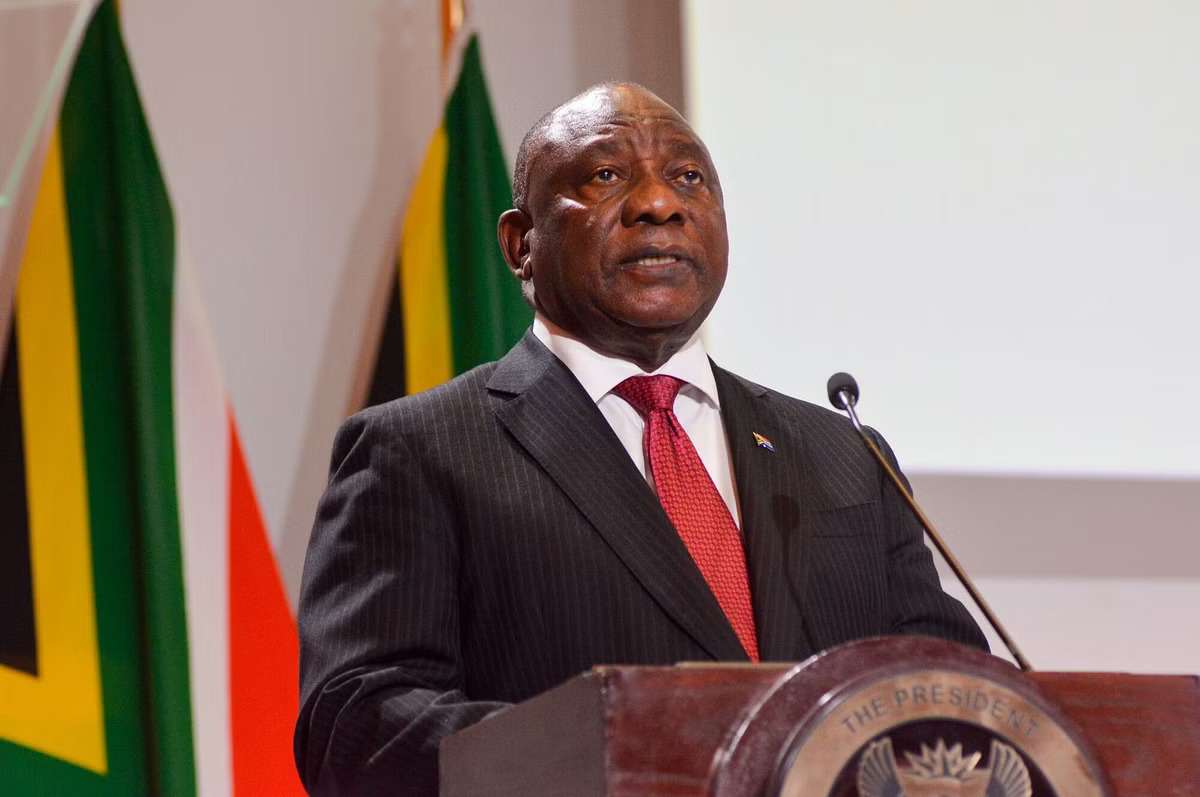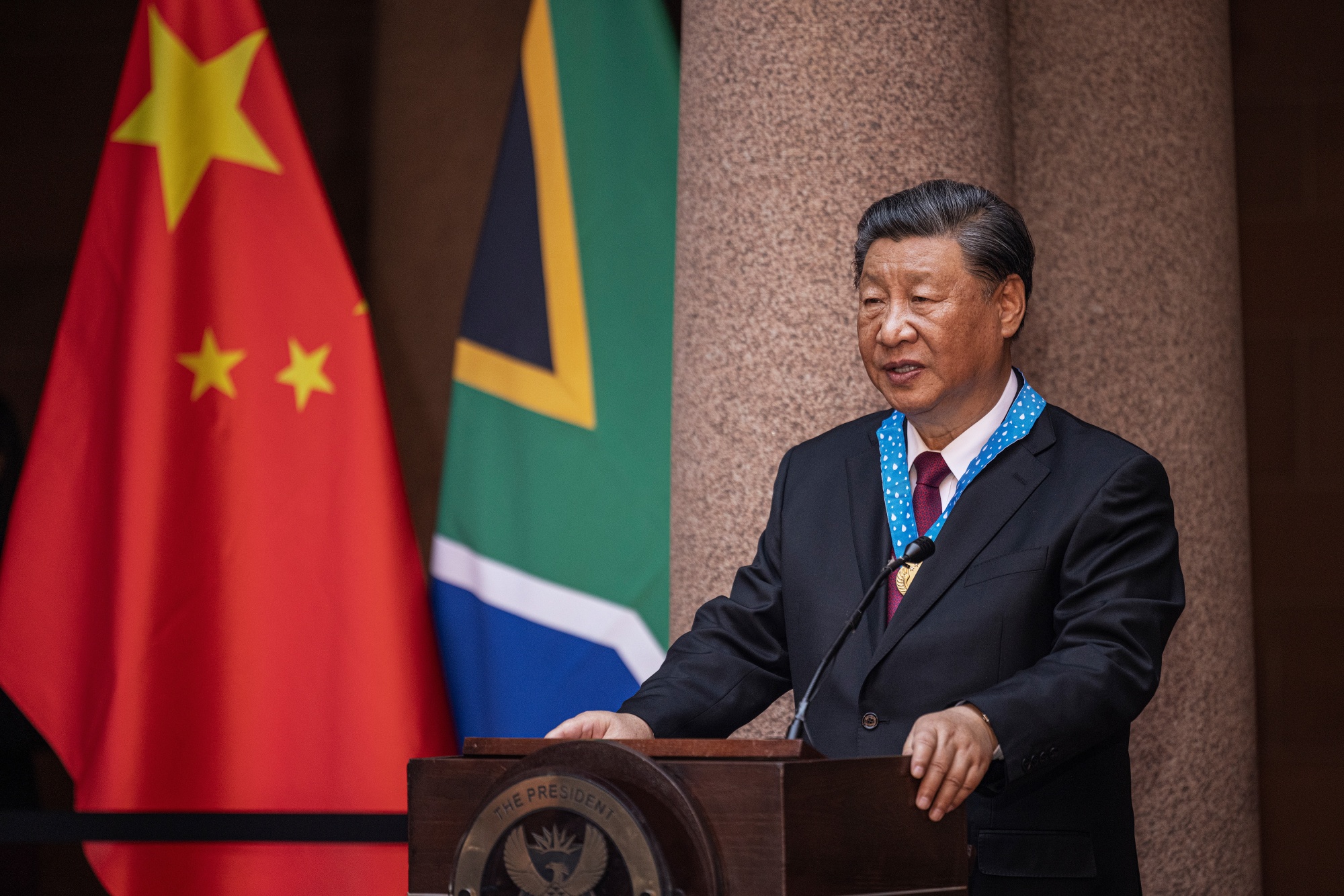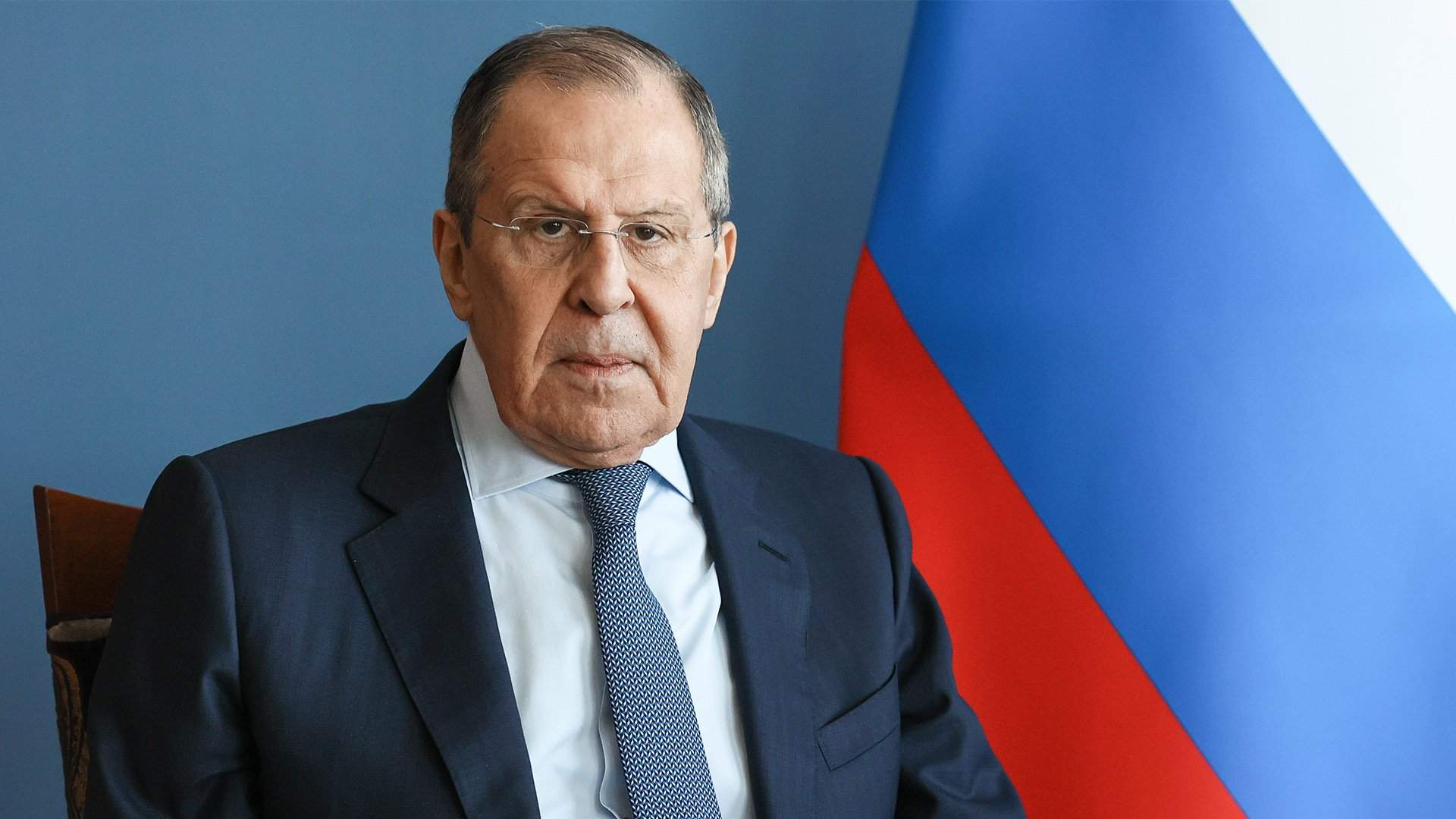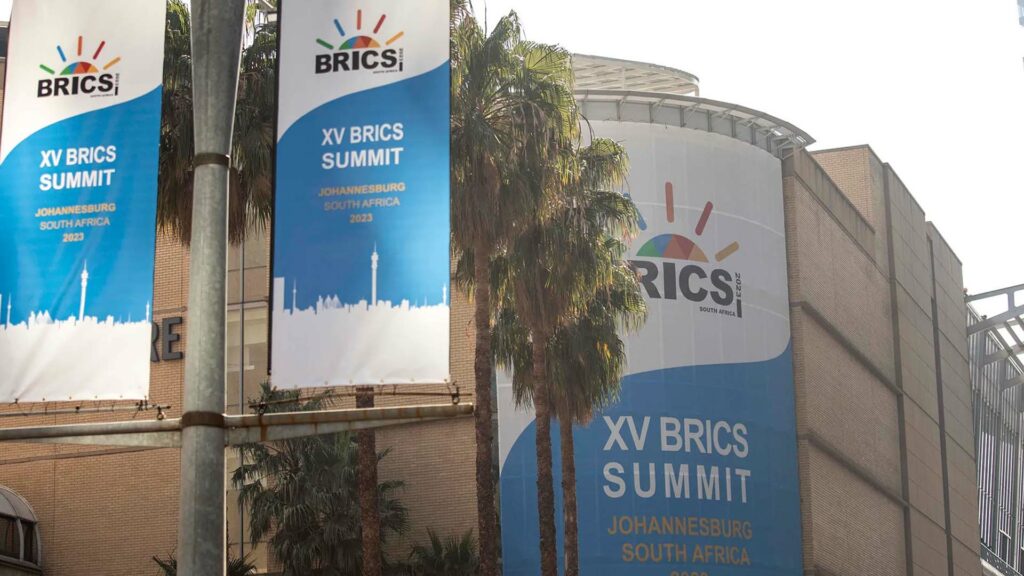As the curtains rise on the BRICS summit in Johannesburg, a harmonious tone resonates between South African President Cyril Ramaphosa and China's Xi Jinping.
A shared commitment to expanding the emerging market bloc sets the stage for discussions among Brics nations, which encompass Brazil, Russia, India, China, and South Africa. This rendezvous aims to inject fresh vigor into the alliance, presenting an alternative platform to the G7.

A Nexus of Strategic Cooperation
President Ramaphosa aligned with President Xi's stance on expanding Bric's membership. Strategic collaboration and representation enhancement for nations across the Global South emerged as key drivers for this alliance's growth.

An Ambitious Push from China
In a powerful display of intent, President Xi's call to strengthen strategic cooperation reverberated, highlighting Brics' potential to assert the voice of the developing world. His words reverberate on the backdrop of his rare foreign visit, making this the second foray abroad this year.
Diverse Perspectives at the Summit
While President Ramaphosa and President Xi heralded unity, perspectives diverge among BRICS members. Brazil's President Luiz Inácio Lula da Silva and India's Prime Minister Narendra Modi walk the tightrope, cautious about expansion that might erode their influence within the bloc.
China's ambitions to lead the developing world require careful consideration, preventing an undue tilt of influence.
Adding to the Brics Fraternity
The summit's attendees extend beyond the core members. Indonesia's Joko Widodo and Iran's Ebrahim Raisi mark their presence, hinting at their aspirations to join Brics. Indonesia's foray onto African soil underscores its global ambitions.
Diplomacy in Action
Russia, despite President Vladimir Putin's absence, is not far from the spotlight. Sergey Lavrov, Russia’s foreign minister, assumes a pivotal role.
This comes as Putin opts to abstain from the summit, avoiding legal implications linked to an International Criminal Court indictment.

Collaborative Summits and Strategic Conversations
The summit unfurls, accompanied by resonant dialogues and engagements. Leaders convene, with discussions to follow the launch, amidst Johannesburg's financial epicenter. A Brics business forum captures the essence of economic interplay, marrying vision with practicality.
The Pathway to Inclusion
Behind the scenes, discussions pivot around the admission criteria for new Brics entrants. A thorny issue, it encapsulates the balancing act between expansion and protecting the clout of existing members.
Harmonizing Internal Disagreements
Analysts predict a consensus on criteria could emerge from this summit, but the final decision on new members might be deferred. While harmony is paramount, nations like Brazil, India, and South Africa seek to maintain their influence amid expansion, fostering a careful equilibrium.
Towards Diversified Trade Dynamics
The summit's agenda extends beyond membership. A bold initiative to trade in local currencies rather than the US dollar is on the table. A strategic maneuver, it's poised to leverage China's internationalization agenda, pivoting on the renminbi.
In the realm of global economics, the BRICS summit promises both unity and diversity, illustrating the complex interplay of strategic alignment, individual ambitions, and a vision for collective growth.







